Plesiosaurs Tooth Extinct Marine Reptile zarafasaura specimen 2.5″
$ 43,00
SPECIES : Zarafasaura oceanis
AGE : Late Cretaceous (~70 Million Years)
LOCATION : Sidi Chennane Basin, Morocco
FORMATION : Phosphate Deposits
SIZE : 6CM long
CATEGORY : Reptile Fossilized Fossils
SUB CATEGORY : Plesiosaurus Fossils
1 in stock
Plesiosaurus tooth rare Fossil Skull vertebrae bones Dinosaur
This 2.5-inches fossilized tooth belonged to a Late Cretaceous plesiosaur species, specifically Zarafasaura oceanis. Researchers discovered it in the phosphate deposits of the Oulad Abdoun Basin in Morocco.
This tooth specimen is of significant interest to fossil collectors and museums, providing valuable insights into the anatomy, behavior, and ecology of plesiosaurs during the Cretaceous period.
Pleiosaurus Skull
Plesiosaurs, ancient marine reptiles characterized by their long necks and four flippers, emerged during the Triassic period and went extinct alongside the dinosaurs at the close of the Cretaceous period. Some species grew to immense sizes, reaching lengths of up to 17 meters, and they primarily preyed upon slow-moving aquatic creatures. Plesiosaurs were air-breathing animals that gave birth to live young, and indications suggest scientists may have considered them warm-blooded.
Zarafasaura Ocenis Fossil vertebrae bones
Zarafasaura oceanis is a genus of reptile that belongs to the group of herbivorous hadrosaurid ornithopods. It lived during the Late Cretaceous period, approximately 90 million years ago, in what is now modern-day Morocco. Paleontologists named the genus in 2019, and they found its fossils in the Sidi Chennane Basin and the Kem Kem Beds, a famous fossil-rich formation known for its diverse reptile fauna. Zarafasaura is notable for its unique cranial features, including a tall, thin, and forward-projecting nasal crest, which distinguishes it from other hadrosaurids. The species name “oceanis” derives from the Greek word for “ocean,” reflecting the marine environment in which researchers discovered the fossils.
Fossil Skull
Plesiosaurus was a genus of large marine reptiles that lived during the Mesozoic Era, specifically the Jurassic Period, around 205 to 66 million years ago. These creatures belonged to a group called plesiosaurs, characterized by their long necks, streamlined bodies, and flippers.

Although often depicted in popular culture as fierce predators, Plesiosaurus likely fed on small aquatic creatures like fish, squid, and possibly even mollusks. Researchers have found fossils of Plesiosaurus in Morocco and Europe, where they discovered the first specimens in the early 19th century.
Pleiosaurus ZARAFASAURA OCENIS
Overall, Plesiosaurus is a fascinating example of the diverse and often bizarre marine life that inhabited the ancient oceans millions of years ago. Additionally, its unique features and adaptations shed light on the complexity of prehistoric ecosystems.
Plesiosaur vertebrae
Plesiosaurus Zarafasaura Skull
Plesiosaurus Skeleton
Only logged in customers who have purchased this product may leave a review.


MAECENAS IACULIS
Vestibulum curae torquent diam diam commodo parturient penatibus nunc dui adipiscing convallis bulum parturient suspendisse parturient a.Parturient in parturient scelerisque nibh lectus quam a natoque adipiscing a vestibulum hendrerit et pharetra fames nunc natoque dui.
ADIPISCING CONVALLIS BULUM
- Vestibulum penatibus nunc dui adipiscing convallis bulum parturient suspendisse.
- Abitur parturient praesent lectus quam a natoque adipiscing a vestibulum hendre.
- Diam parturient dictumst parturient scelerisque nibh lectus.
Scelerisque adipiscing bibendum sem vestibulum et in a a a purus lectus faucibus lobortis tincidunt purus lectus nisl class eros.Condimentum a et ullamcorper dictumst mus et tristique elementum nam inceptos hac parturient scelerisque vestibulum amet elit ut volutpat.

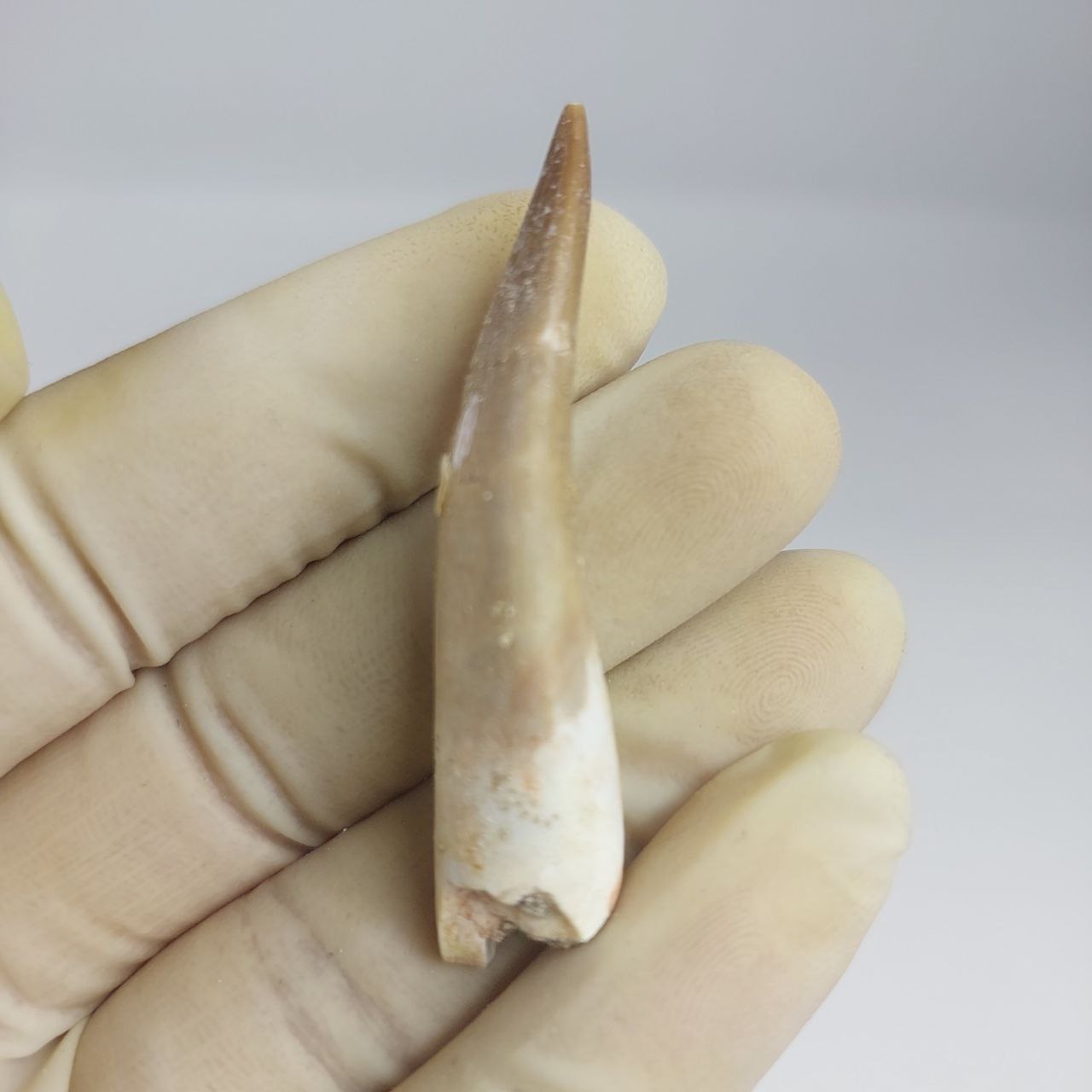
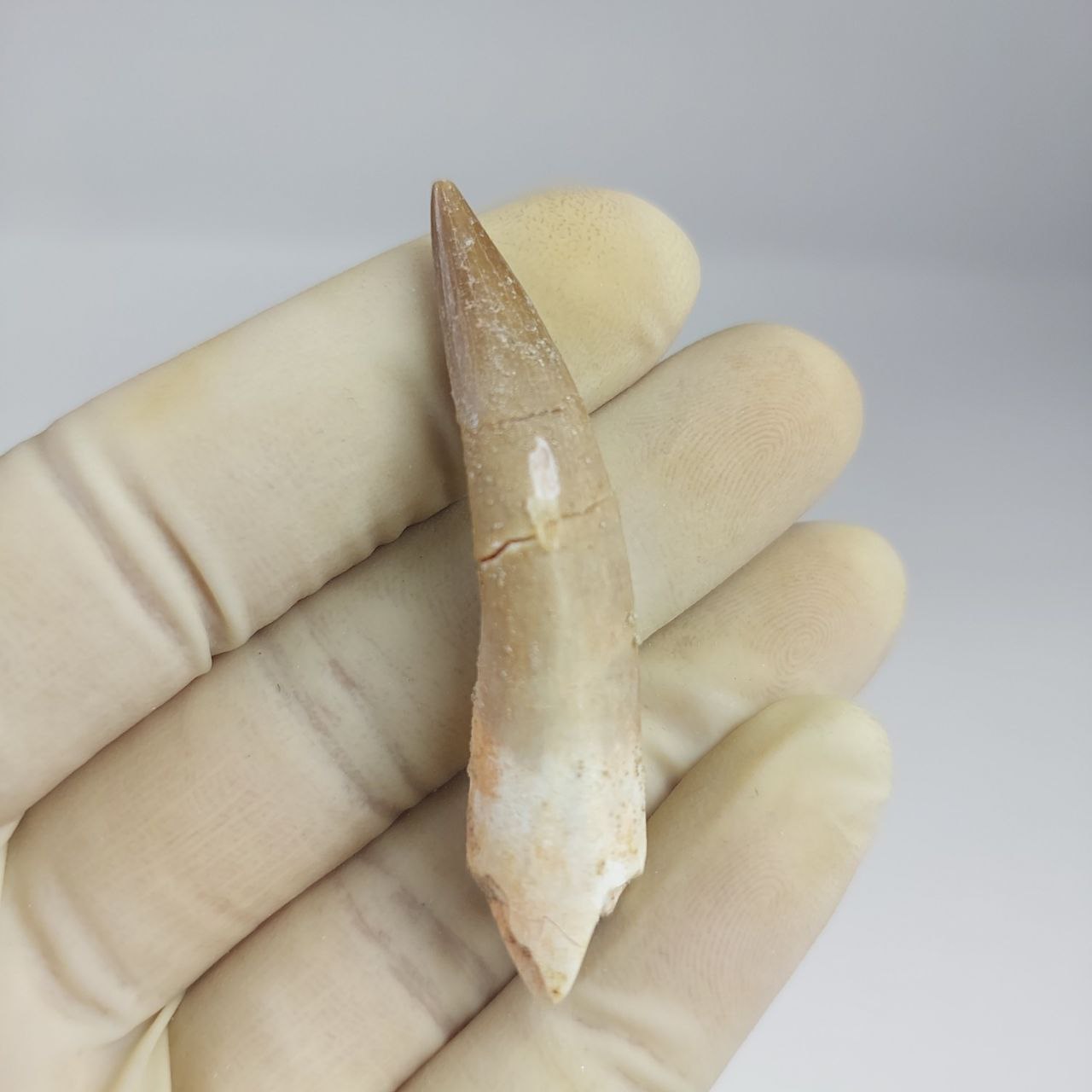
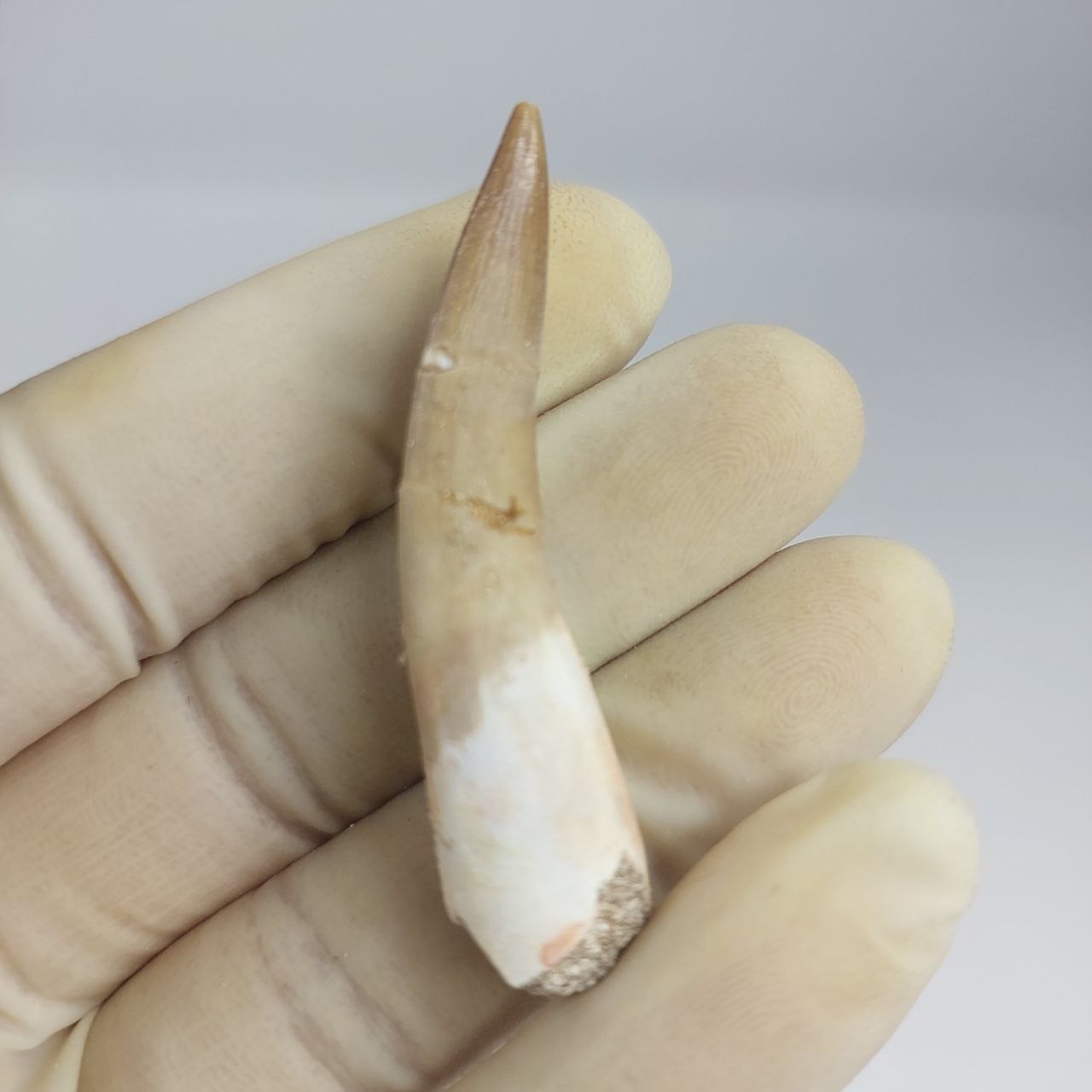
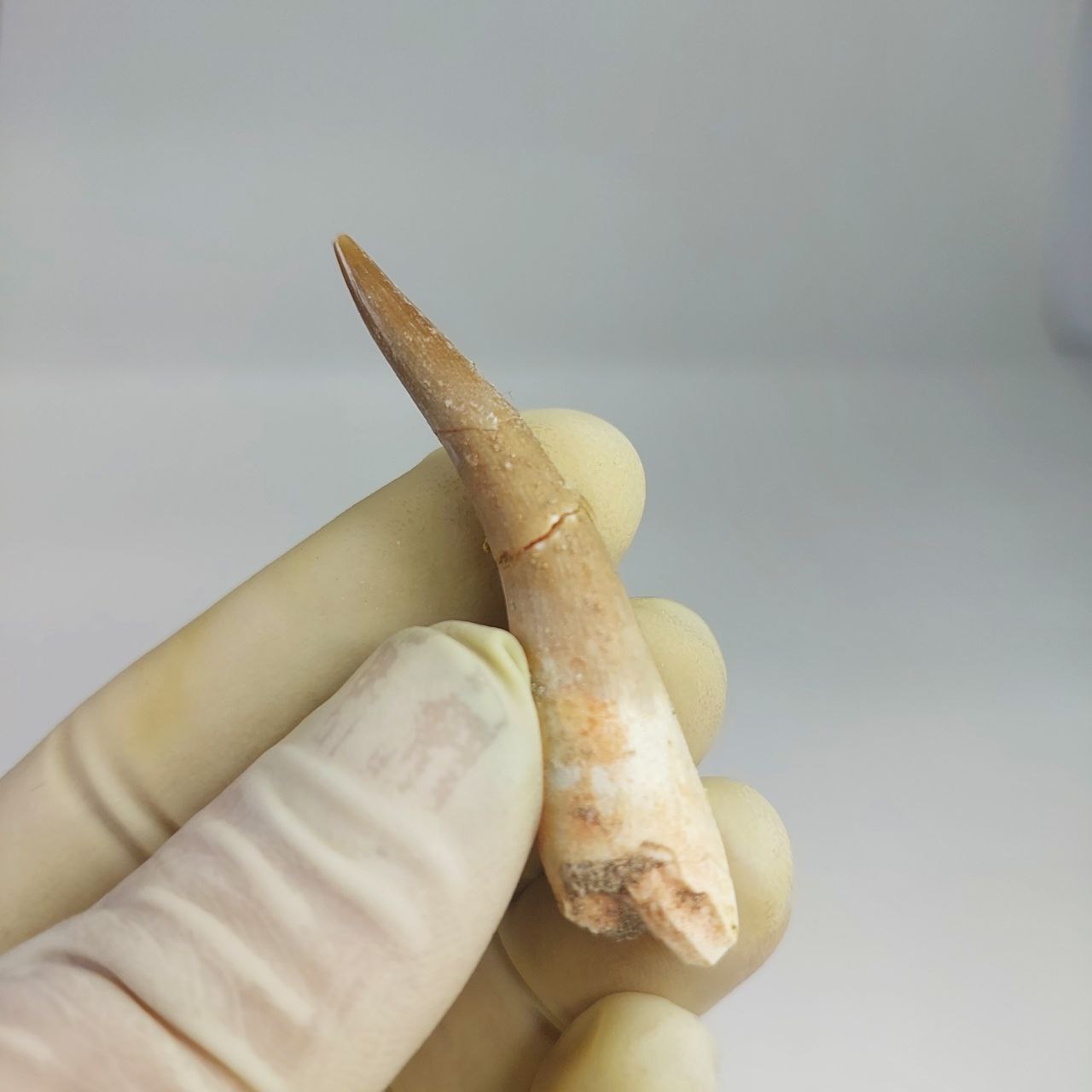
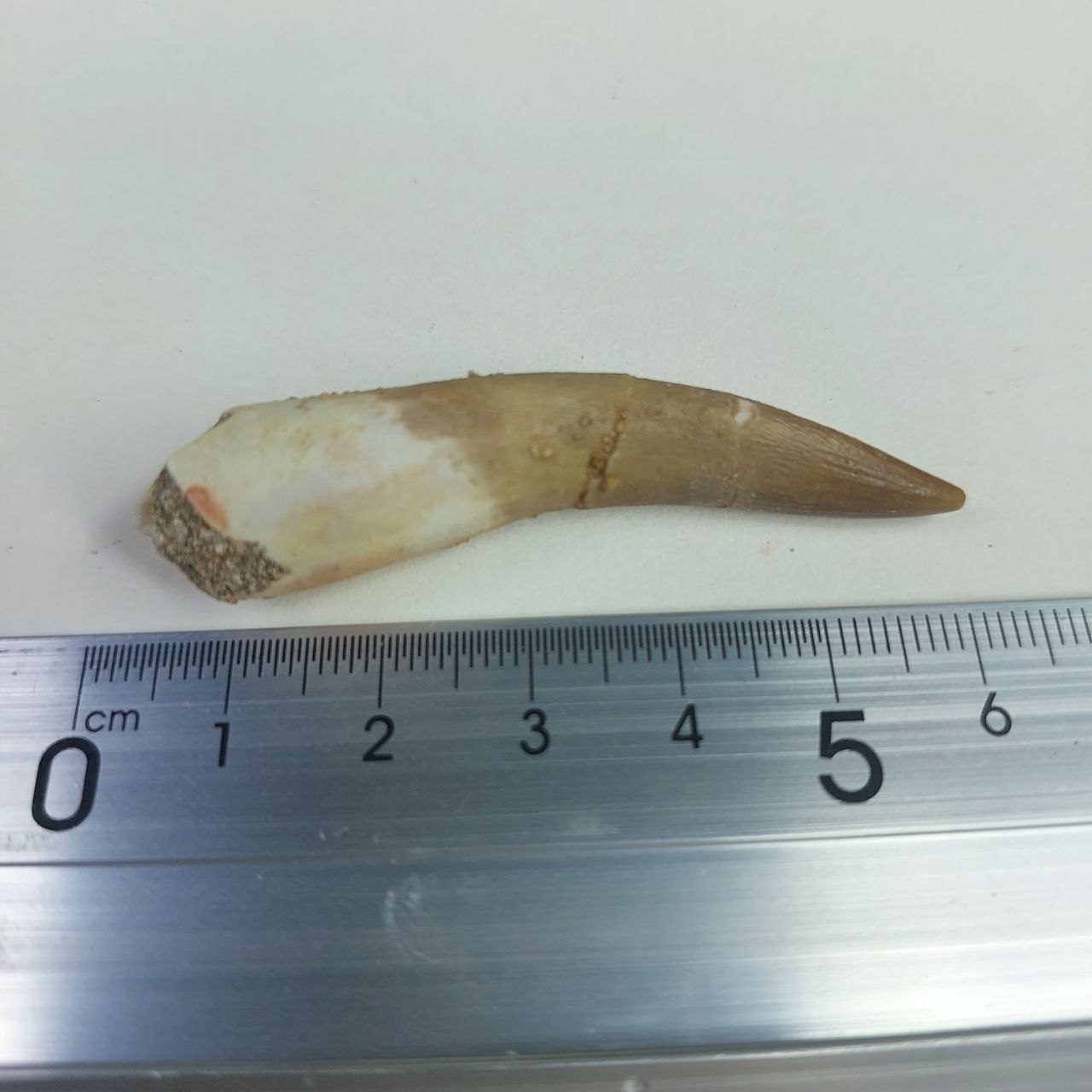
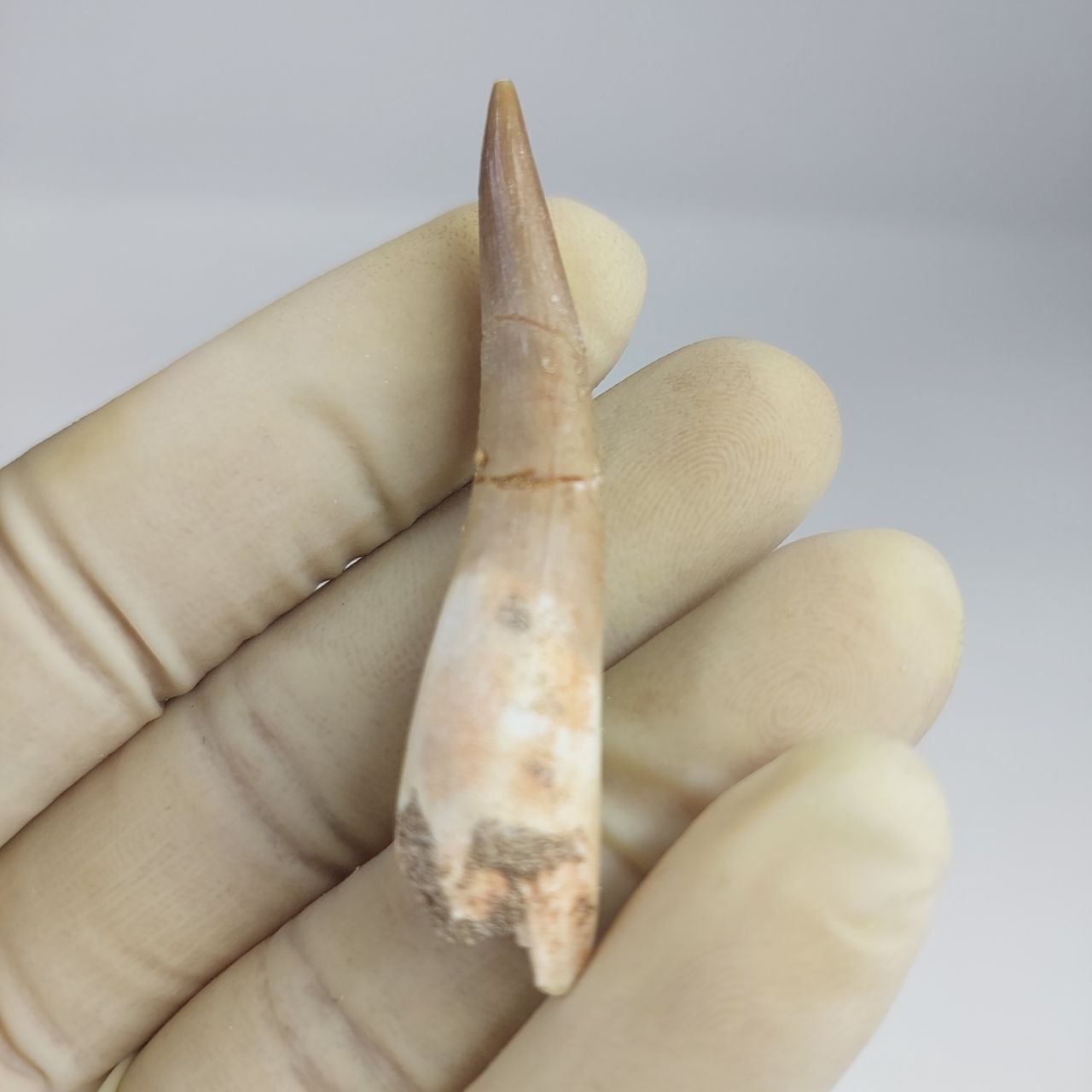

























Reviews
There are no reviews yet.